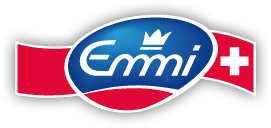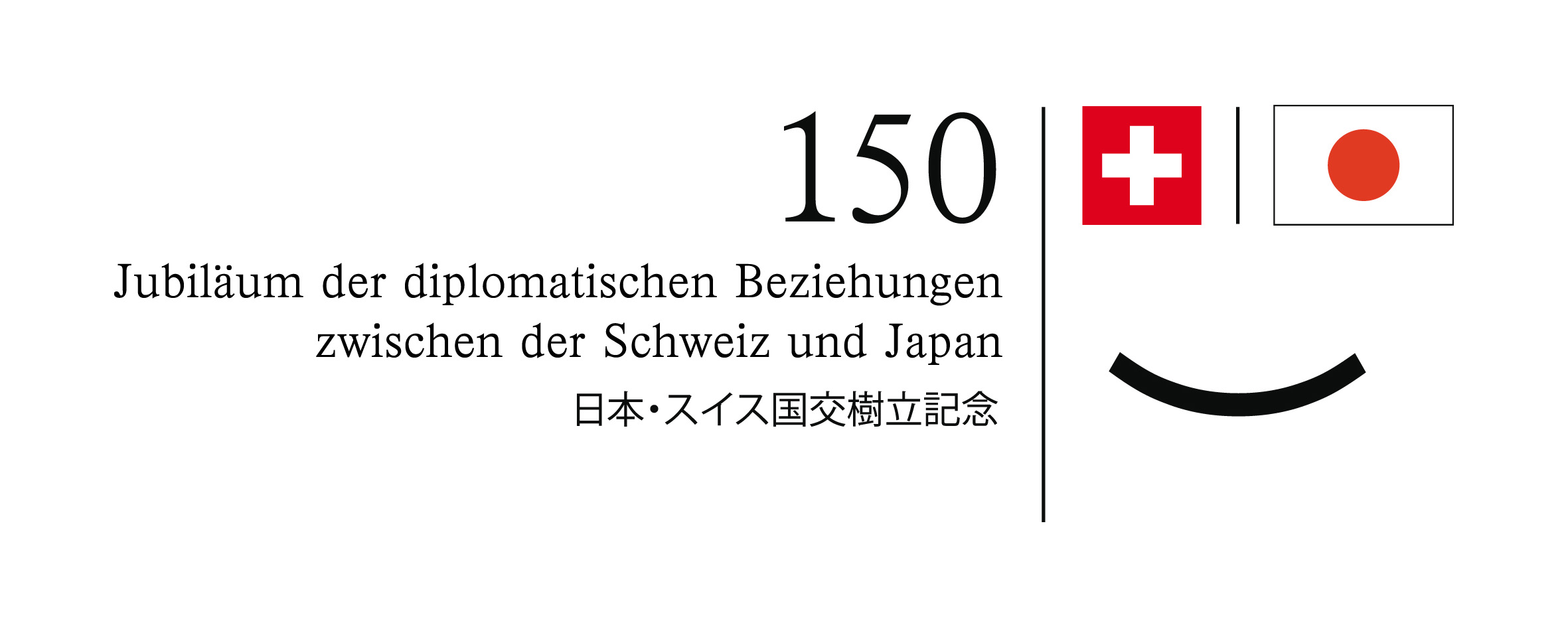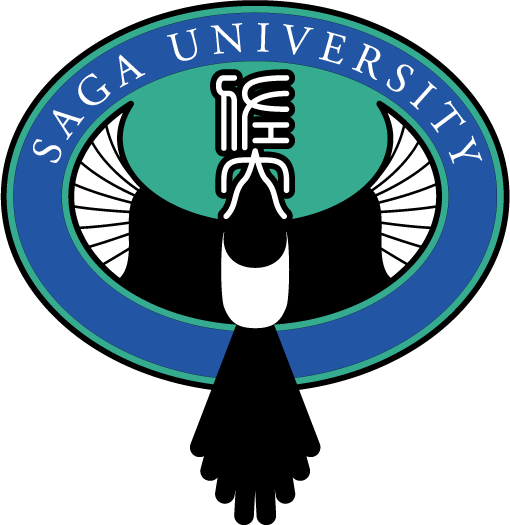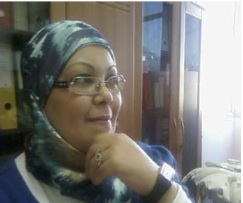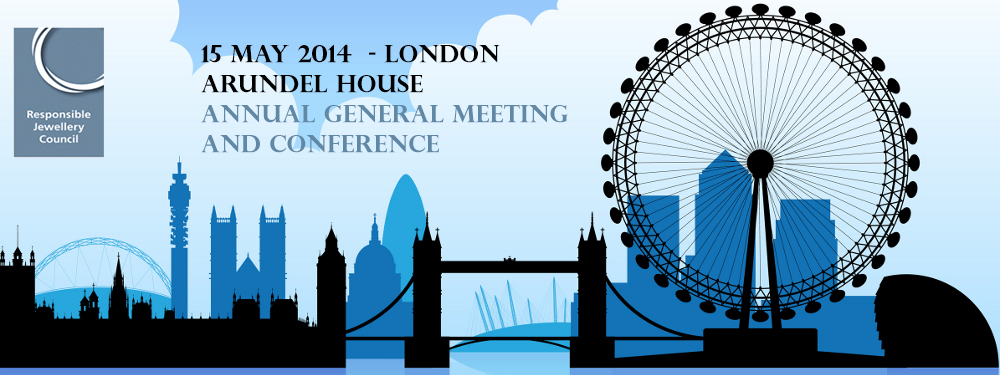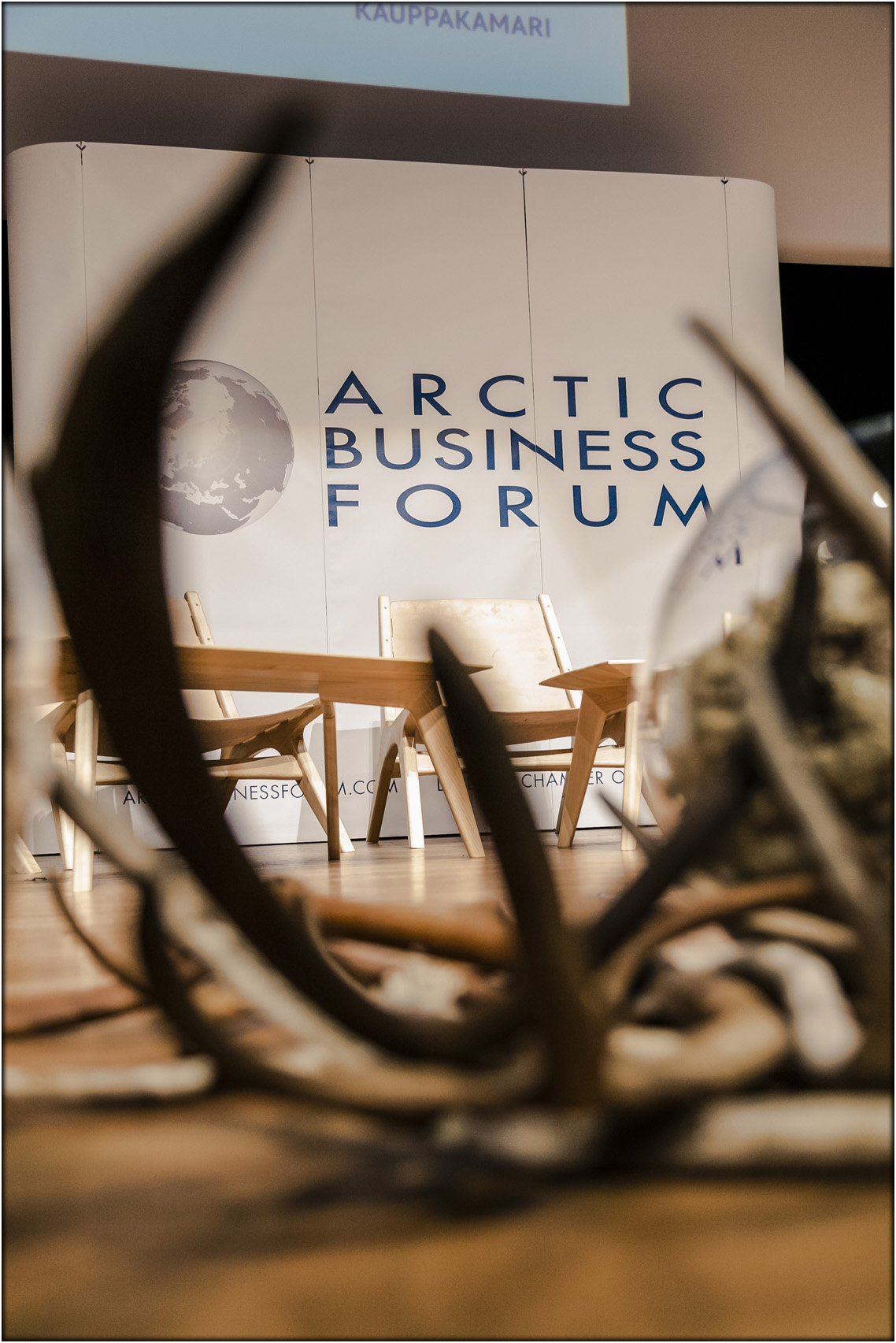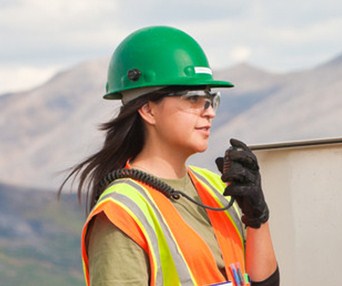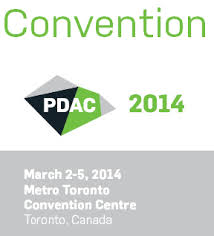Der Milchverarbeiter Emmi (EMMN) hat im ersten Semester 2014 CHF 1.63 Mrd. Umsatz erarbeitet, 3.7% mehr als im Vergleichszeitraum des Vorjahres. Organisch (akquisitionsbereinigt und in Lokalwährung) resultierten 4.1% Zuwachs. Das Betriebsergebnis (Ebit) nahm dagegen 41% auf CHF 39.8 Mio. ab, der Gewinn sogar 76% auf CHF 9.8 Mio. Der Grund ist eine Wertberichtigung von CHF 38.5 Mio. auf der italienischen Trentinalatte. Um ausserordentliche Effekte bereinigt stieg der Ebit 14% auf CHF 74.3 Mio. bzw. der Gewinn 16% auf CHF 45.2 Mio.
Für das Gesamtjahr bestätigt Emmi die Umsatzprognose (3 bis 4% Umsatzwachstum), senkt jedoch die Ebit- und die Gewinnvorhersage. Nunmehr werden CHF 117 bis CHF 132 Mio. Ebit erwartet, und die Gewinnmarge dürfte neu auf etwa 2% statt wie bisher angenommen 3% zu liegen kommen.
Emmi wird ihre Auslandstrategie fortsetzen und organisch sowie mit gezielten Akquisitionen wachsen. Dies zeigt die Beteiligungserhöhung an der deutschen Gläsernen Molkerei von 24% auf 76%. Für das Gesamtjahr 2014 bestätigt Emmi ihre Umsatzprognose (3% bis 4% Konzernwachstum) und passt ihre EBIT- und Reingewinnprognosen an.
Urs Riedener, CEO von Emmi, liess erläutern, dass die schwierige Entwicklung in Italien die Wertberichtigung unumgänglich machte, was zu bedauern sei. Das ist bedauerlich. Gleichzeitig widerspiegelt dies die Absicht von Emmi, auch in schwierigen Situationen couragierte Massnahmen zu treffen. Die Steigerung beim Umsatz, beim bereinigten EBIT und Reingewinn sind erfreulich. Sie zeigen, dass Emmi’s Strategie sich auf dem richtigen Pfad voran schreitet.
Eine bereits wirkende neue Organisation
Auf den 1. Januar 2014 wurde bei Emmi die im Herbst 2013 kommunizierte, neue Organisation umgesetzt. Diese orientiert sich an den vier Divisionen Schweiz, Americas, Europa und Global Trade. Als Konsequenz daraus weist Emmi die Umsätze entlang dieser neuen Struktur aus.
Moderates Umsatzwachstum in der Schweiz
Das Umsatzwachstum in der Schweiz entspricht den Erwartungen von Emmi. Der Umsatz betrug CHF 900.9 Mio. (Vorjahr: CHF 890.5 Mio.), ein Wachstum von 1.2%. Organisch, das heisst bereinigt um Akquisitionseffekte, betrug der Zuwachs 0,9%. Ein positiver Akquisitionseffekt ergab sich aus der Akquisition der Käserei Studer (per 1. Juli 2013), ein negativer aus dem Verkauf der Westschweizer Frischprodukteherstellerin Nutrifrais (per 1. April 2013).
Die Segmente Molkereiprodukte, Käse, Frischprodukte, Frischkäse und Pulver/Konzentrate wiesen alle ein organisches Wachstum aus. Positive Beiträge zum organischen Zuwachs leisteten die Kaltbach-Käse, Le Gruyère AOP und die Ziegenkäse Le Petit Chevrier. Zudem erzielte Emmi Caffè Latte ein erfreuliches Wachstum. Zusätzliche positive Impulse kamen von Emmi Chai Latte, Emmi Jogurtpur und dem Mozzarella.
Unter den Erwartungen lagen die übrigen Milch-Getränke, die Wellbeing-Produkte, der Emmentaler AOP und das Handelsgeschäft mit nicht durch Emmi hergestellten Produkten. Einbussen ergaben sich auch durch die Aufgabe des Tiefkühllogistikgeschäfts (Übrige Produkten/Dienstleistungen).
Der Anteil der Division Schweiz am Konzernumsatz beträgt 55.5 % (Vorjahr: 56.8 %).
(Quelle www.group.emmi.com)

